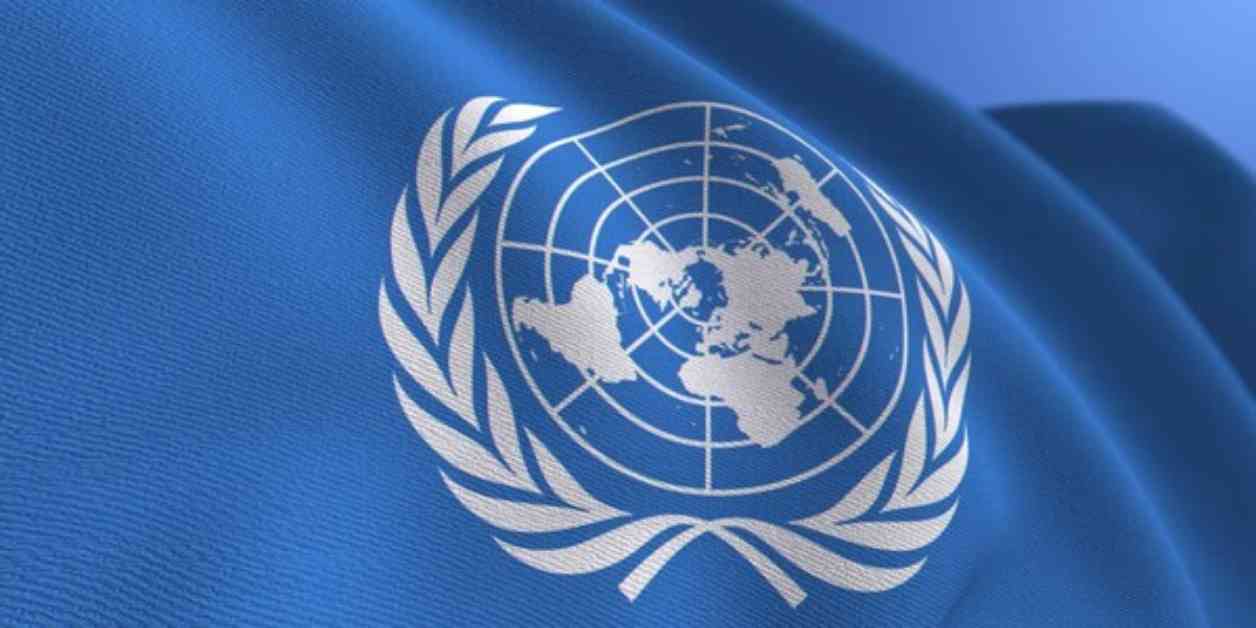Support of Indian Muslim Woman for CAA at UNHRC Highlights Humanitarian Concerns
In a powerful statement delivered at the 57th session of the United Nations Human Rights Council (UNHRC) in Geneva, Faiza Rifat, a Muslim woman hailing from Jaipur, Rajasthan, expressed her support for India’s Citizenship Amendment Act (CAA). Despite the ongoing controversy and debate surrounding the CAA, Rifat emphasized its crucial role in safeguarding persecuted minorities and contributing to India’s broader goals of security and social stability.
Rifat highlighted the primary objective of the CAA, which is to provide a pathway to citizenship for religious minorities from neighboring countries such as Afghanistan, Bangladesh, and Pakistan. Specifically, the Act aims to benefit Hindus, Sikhs, Buddhists, Jains, Parsis, and Christians who entered India before December 31, 2014. By offering refuge and legal status to these marginalized communities, the CAA addresses an urgent need for protection and inclusion for those who have historically faced persecution in their home countries.
One of the key points raised by Rifat pertained to the recent developments in Bangladesh, where the Hindu minority continues to endure persecution and selective violence. In light of these challenges, Rifat argued that the implementation of the CAA is essential in providing a lifeline for those facing oppression and discrimination. The Act offers individuals from these communities a vital opportunity to seek asylum in a safer environment and live with dignity, free from fear and insecurity.
Moreover, Rifat emphasized the importance of the CAA in distinguishing between genuine refugees fleeing persecution and illegal immigrants. She stated, “The CAA helps differentiate between genuine refugees seeking asylum and illegal immigrants, ensuring that those with valid claims are granted citizenship while deterring illegal migration.” This distinction, according to Rifat, enables the Indian government to effectively combat illegal activities, such as drug trafficking, especially in sensitive border regions where security concerns are paramount.
From a humanitarian perspective, Rifat portrayed the CAA as a protective measure designed to shield vulnerable minorities from exploitation and ensure their safety within India’s borders. By extending a helping hand to those in need and offering them a chance for a better life, the Act reflects India’s commitment to upholding humanitarian values and providing a sanctuary for those facing persecution and hardship.
Despite the ongoing debates and criticisms surrounding the CAA, Rifat remained steadfast in her belief that the Act plays a crucial role in safeguarding persecuted minorities and promoting social cohesion and stability within Indian society. As the discourse on the CAA continues, Rifat’s voice serves as a reminder of the human faces behind the policy decisions and the humanitarian concerns that lie at the heart of these debates.
Challenges Faced by Persecuted Minorities
One of the central issues addressed by Rifat during her speech at the UNHRC was the plight of persecuted minorities in countries like Bangladesh, where religious communities face ongoing discrimination and violence. The Hindu minority in Bangladesh, in particular, has been subjected to various forms of persecution, including forced conversions, property confiscation, and physical attacks. By shedding light on these challenges, Rifat underscored the urgency of providing support and protection to these vulnerable groups through initiatives like the CAA.
Implications for India’s Security and Stability
Rifat’s advocacy for the CAA also highlighted the broader implications of the Act for India’s national security and social stability. By offering a legal pathway to citizenship for persecuted minorities, the CAA not only upholds India’s commitment to humanitarian values but also strengthens the country’s security measures by distinguishing between genuine refugees and illegal immigrants. This strategic approach, as Rifat pointed out, helps the government in addressing security threats and maintaining law and order, especially in border regions where illegal activities pose a significant challenge.
Building a More Inclusive Society
In her address at the UNHRC, Rifat emphasized the importance of the CAA in fostering a more inclusive and compassionate society that embraces diversity and respects the rights of all individuals, regardless of their religious background. By providing marginalized communities with a chance for a better future and a sense of belonging, the Act contributes to the vision of a harmonious and inclusive India where every individual is valued and protected. Rifat’s support for the CAA reflects a broader call for unity and solidarity among different religious communities, transcending divisive narratives and promoting a shared sense of humanity and compassion.




















